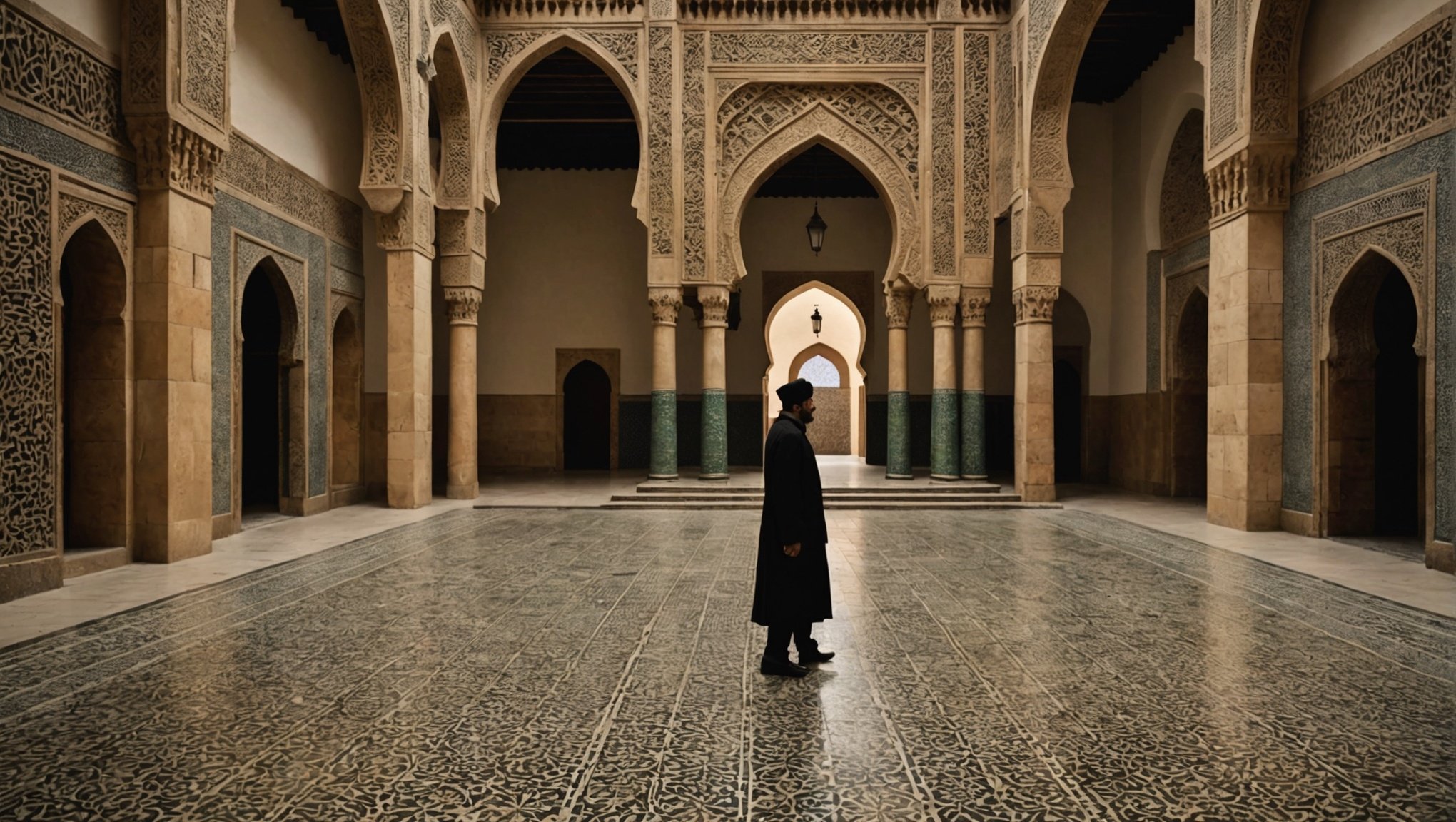Discover the museum of islamic art and morocco's rich heritage

The Museum of Islamic Art presents a vibrant tapestry of Morocco’s rich heritage through its "Splendours of the Atlas" exhibition. This event showcases outstanding artworks and celebrates cultural diversity with significant historical context. Visitors can immerse themselves in a journey of artistic marvel, fostering a deeper understanding of Morocco's contribution to Islamic art while highlighting the exciting collaboration with Qatar’s cultural initiatives. Discover the intricate beauty that defines a nation’s legacy.
Overview of the Museum of Islamic Art exhibition
The Museum of Islamic Art is set to host the "Splendours of the Atlas: A Voyage Through Morocco’s Heritage" exhibition. Running from November 2, 2024, to March 8, 2025, this event promises to be a captivating exploration of Morocco's rich cultural tapestry. With over 200 objects on display, the exhibition offers a deep dive into the diverse artistic traditions that have flourished in Morocco over the centuries.
Also read : How to Optimize Engine Cooling with a High-Efficiency Radiator in a Ford Focus RS?
This exhibition not only highlights Morocco's historical significance in Islamic art but also underscores the vibrant cultural exchanges that have shaped its unique identity. Notable artists such as Bruno Barbey, Irving Penn, Lalla Essaydi, Mous Lamrabat, and Mounir Raji contribute contemporary perspectives, offering a fresh lens through which to view Morocco's heritage.
Part of the Qatar-Morocco 2024 Year of Culture, this showcase emphasizes the importance of cultural dialogues and artistic narratives in understanding global art traditions. For more information in the intricate beauty of Moroccan art, this exhibition is a must-visit.
Topic to read : How to Correctly Install a Performance Short Shifter in a Honda S2000 for Quicker Gear Changes?
Exploring Morocco's rich heritage
Morocco is rich by its art and culture.
Key exhibits and art forms
The exhibition at the Museum of Islamic Art will feature a diverse range of artworks, including paintings, sculptures, and textiles. These pieces reflect the intricate beauty and historical significance of Islamic art in Morocco. Among the highlights are traditional Moroccan textiles, known for their vibrant patterns and craftsmanship, and exquisite Islamic calligraphy art that showcases the influence of Islam on Moroccan art. Noteworthy historical artifacts provide a glimpse into the past, offering a deeper understanding of Morocco's cultural evolution.
The cultural exchange between Qatar and Morocco
As part of the Qatar-Morocco 2024 Year of Culture, this exhibition underscores the importance of cultural exchange between the two nations. It aims to foster a greater appreciation for Morocco's artistic heritage, encouraging dialogue and understanding through art. The event not only celebrates Moroccan culture but also enhances cultural ties, promoting a shared appreciation for artistic traditions. This initiative highlights how exhibitions can serve as a bridge, connecting diverse cultures and enriching global art narratives.
Planning your visit and additional resources
If you're planning a cultural trip in Morocco, here is how to succeed it.
Visitor guidelines and experience
When visiting the Museum of Islamic Art, understanding the visitor guidelines ensures a respectful and enriching experience. It's recommended to adhere to a modest dress code, reflecting the cultural norms of the region. Photography is generally permitted, but flash and tripods may be restricted to protect the artworks. To fully appreciate the exhibition, consider attending during quieter hours and taking advantage of guided tours for insightful commentary on the pieces.
Further exploration and related events
Beyond the exhibition, the museum offers a variety of educational programs and events that delve deeper into Moroccan culture. Look out for scheduled conferences and workshops that explore themes of Islamic art history and traditional Moroccan crafts. For a broader cultural experience, visitors can join cultural tours in Morocco, which often include visits to UNESCO World Heritage sites and other Moroccan museums. These tours provide a comprehensive view of the architectural wonders of Morocco, further enriching your understanding of the country's artistic legacy. Engaging in these activities can significantly enhance your appreciation of Morocco's vibrant cultural tapestry.
